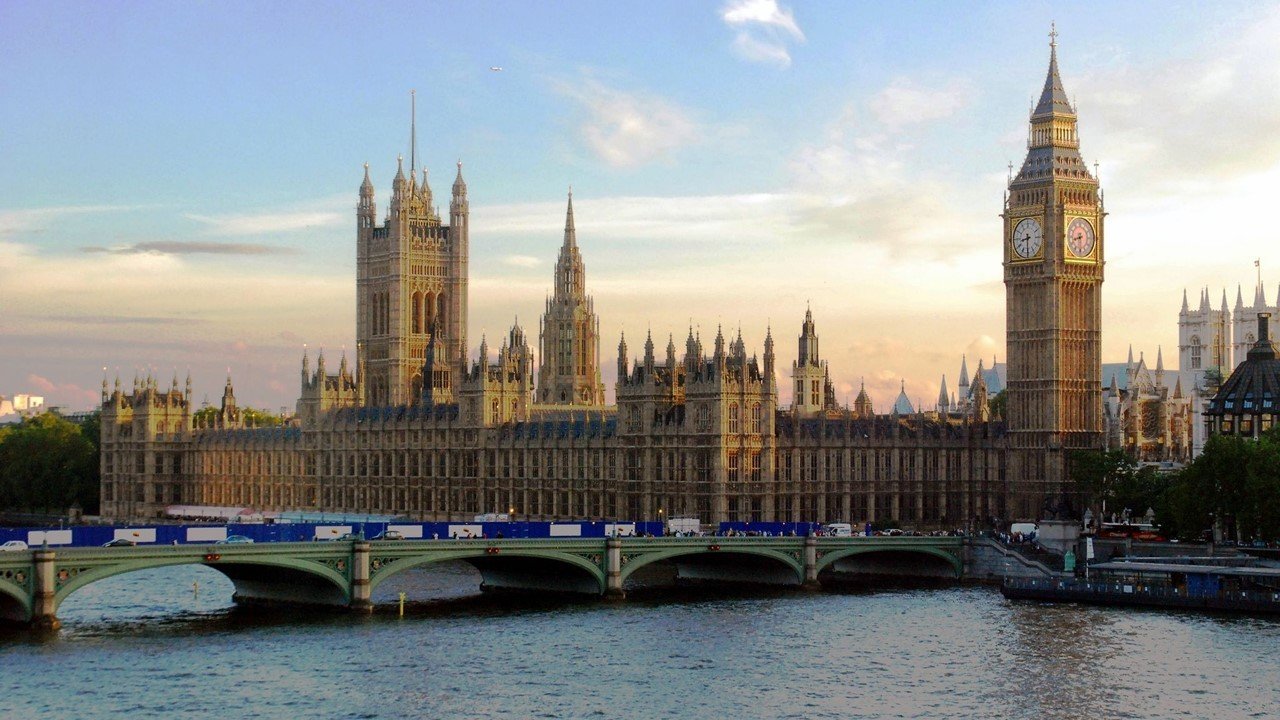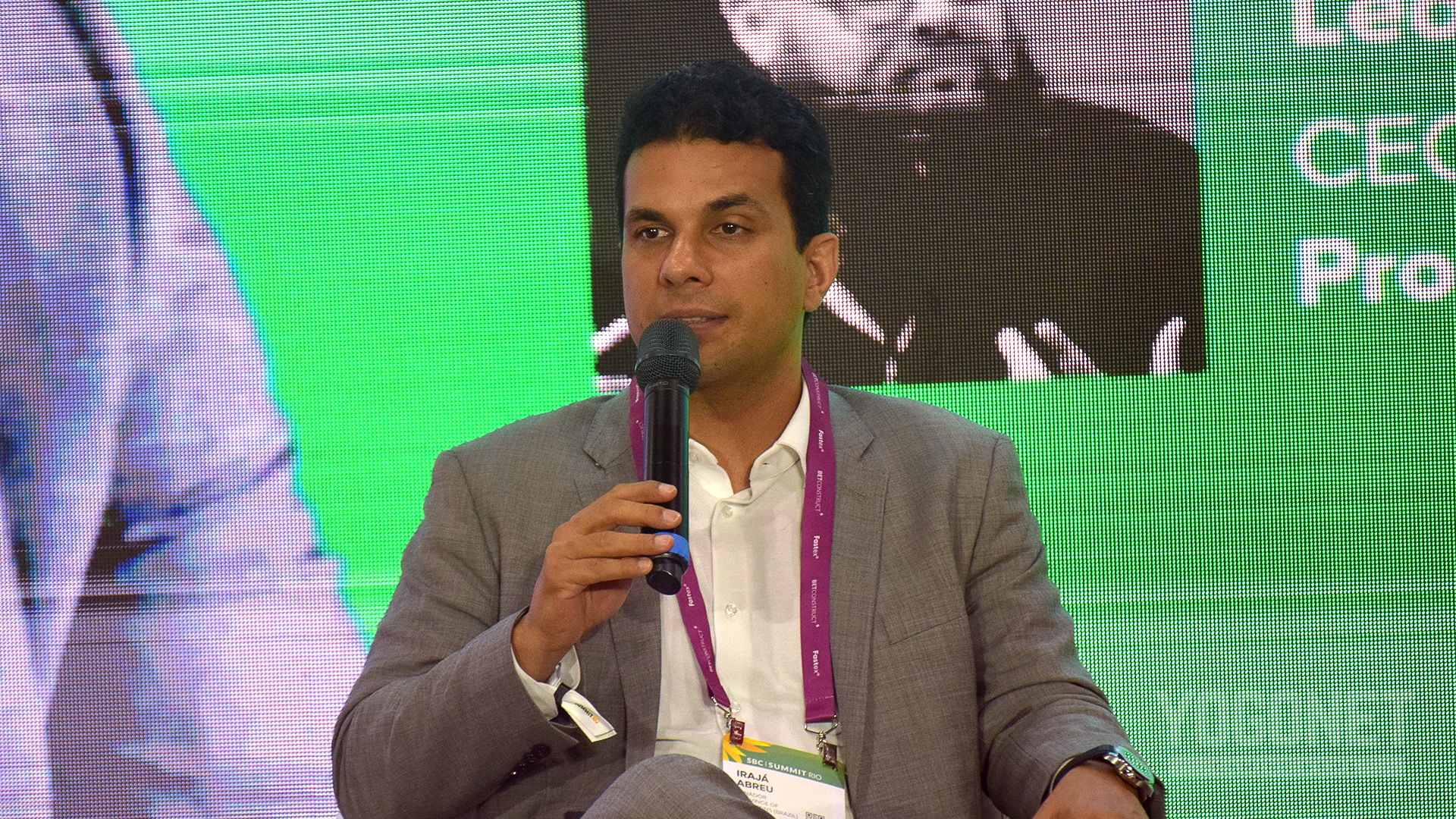BGC CEO: "This White Paper should be an opportunity to modernise to allow bricks and mortar casinos to compete internationally and with online gaming"

Michael Dugher was appointed as the Betting and Gaming Council’s (BGC) first Chief Executive in December 2019. He was previously CEO of UK Music and a member of the Government’s Creative Industries Council.
Dugher was MP for Barnsley East for seven years from 2010, during which he served in the Shadow Cabinet including as the Shadow Secretary of State for Culture, Media and Sport. Before that, he spent most of the previous decade working in Whitehall in a variety of senior roles as a Special Advisor, including at No. 10 Downing Street as Chief Political Spokesman to the Prime Minister.
After UK Prime Minister Boris Johnson’s resignation this month, in a political crisis that also saw the exit of Gambling Minister Chris Philp, the White Paper to reform gambling laws was postponed for the fourth time, and might not go ahead until a new leader of the Conservative party is elected to replace the PM. Amid this uncertain landscape, Michael Dugher, CEO of gambling standards body Betting & Gaming Council (BGC), says in this opinion article that it is possible to deliver a "genuinely transformative package of reforms, whilst at the same time not killing off" the industry. He says "most of the reforms can be achieved quickly through secondary legislation, as well as via voluntary and regulatory change," and urges ministers to "urgently and skilfully seek to find consensus."
As Parliament packs off for the summer recess, and as Rishi Sunak and Liz Truss prepare to slug it out for the top job, it was understandable that a whole raft of planned Government announcements and potential proposals for new legislation - from DWP to Health - were put on hold until September.
One of the inevitable casualties of the ban on new policy under the caretaker government was the postponement of a gambling White Paper, with reforms to betting appearing to fall at the last fence.
Chris Philp, who resigned as gambling minister, making publication of a White Paper all but impossible, said he was “gutted”. Yet one of the reasons there was such a long delay in the first place is that back in September last year, Philp insisted on revisiting the well advanced Government review led by his predecessor John Whittingdale, who was on the verge of publishing a White Paper that autumn.
Philp decided, not unreasonably as the newly appointed minister, that he wanted the chance to take a further look at it. Despite his understandable frustration today, I’m sure Philp would only want to afford the same opportunity to his successors at the DCMS.
The fact is making major reforms to betting and gaming is not easy. There’s a reason why it only happens once every generation.
Changes need to be proportionate, well thought through, and carefully targeted on those who are vulnerable and on the 0.2% of people who are problem gamblers. We don’t want to do anything that inadvertently drives any of the 22.5 million regular punters away from the regulated industry and into the arms of the unsafe, unregulated and growing gambling black market online.
Yet I see no reason why a new minister couldn’t this time make rapid progress. There remains only a relatively small number of outstanding issues of concern across Whitehall. It is possible to deliver a genuinely transformative package of reforms, whilst at the same time not killing off an industry that supports nearly 120,000 jobs and pays around £4.5 billion in tax.
The truth is there is much in the likely forthcoming white paper that we in the industry strongly support and have long campaigned for. For example, we called for an ombudsman to improve consumer redress.
We also support enhanced spending checks online. Indeed, many operators are already doing it. The key is to ensure that any checks are genuinely non-intrusive. That’s why BGC favours carefully targeted interventions on problem gamblers and providing greater protections for those potentially at risk.
If reports are to be believed, the Government are suggesting anyone making a net loss of £2,000 over 90 days should undergo a major financial check to prove they can afford it. Thankfully ministers seem to have rejected calls by anti-gambling campaigners for intrusive checks for everyone at £100 a month. Yet Government proposals may not be that straightforward.
When it comes to the choices people make about how they spend their own money, who decides what exactly is ‘affordable’? The Government says that only a minority of punters will be impacted. But if you are a racing punter who only bets once a week at, say, £20 a race (so for example a tenner each way), and you have just eight bets - and don’t forget that there are on average seven live races just on ITV on a Saturday - at the end of three months you could be caught by the Government’s proposed checks.
And if the new system can’t be made to work effectively straightaway, what is to stop the regulator making it up as they go along by simply imposing arbitrary limits and compelling customers to handover bank statements and payslips? We already know that 90 per cent of punters refuse to do this and drop out when documents are requested, and that 50 per cent of people refuse to do what we call ‘self-certification’, where we ask customers to tell us what they do for a living and how much they earn.
Many are also concerned that proposed changes will hurt horseracing too, with industry estimates putting that loss at up to £30m, further risking jobs and businesses.
Another big issue is the fact that much of the land-based casino sector seems to have once again been let down and left behind by the Government. This White Paper should be an opportunity to modernise to allow bricks and mortar casinos, that employ thousands of people, to compete internationally and with online gaming. One way this could be achieved is by ditching the cap on gaming machines, which had been set at 20.
Yet now it appears that over half of the UK’s casinos will be disqualified from plans to raise the cap because they are deemed too small. 70 of the UK’s 121 casinos will get no benefit from the relaxation of regulations - making them less, not more, competitive. And this blow comes after the sector is only just recovering from the pandemic that brought job losses and closures, like the rest of the hospitality, tourism and entertainment industries.
I am confident that all of this can be resolved by the Government in September. In the meantime, at the BGC we will continue to drive further progress in raising standards across the regulated industry. But there is no need for new ministers to spend months and months again working on lots of major new pieces of primary legislation when most of the reforms can be achieved quickly through secondary legislation, as well as via voluntary and regulatory change.
After this latest delay, new ministers should urgently and skilfully seek to find consensus, and they should make a virtue of getting things done quickly. In that way, long-awaited reforms to gambling will finally pass the winning post.


















































